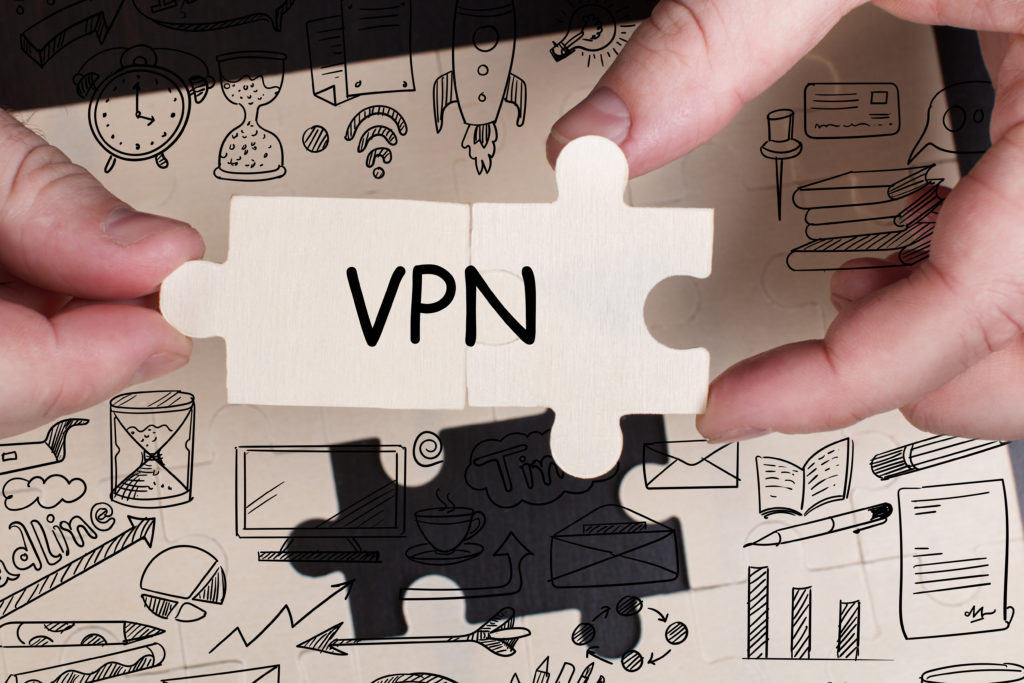The Top 5 VPN Myths Debunked
As more and more people turn to Virtual Private Networks (VPNs) for online privacy and security, misconceptions and myths about VPNs have started to circulate. In this article, we will debunk the top 5 VPN myths and help you understand the truth about these powerful tools.

Myth 1: VPNs are Only for Illegal Activities
One of the most common myths about VPNs is that they are only used by individuals engaging in illegal activities online. This could not be further from the truth. VPNs are used by people for a variety of reasons, including:
- Protecting their online privacy from hackers and other malicious actors.
- Accessing geo-restricted content from streaming services like Netflix or Hulu.
- Bypassing internet censorship in countries with strict online controls.
- Conducting business activities online, such as sharing sensitive files or communicating with clients.
VPNs are not just for those who are doing something wrong online; they are a valuable tool for anyone who wants to protect their privacy and security.
Myth 2: VPNs Slow Down Your Internet Speeds
Another common myth about VPNs is that they slow down your internet speeds, making it difficult to stream videos or download large files. While it is true that using a VPN can slow down your internet speeds, the impact is usually minimal.
The speed of your internet connection will depend on a variety of factors, including the location of the VPN server you are connecting to, the distance between your device and the server, and the quality of your internet connection.
In most cases, the impact of a VPN on your internet speeds will be negligible, and the added security and privacy that VPNs provide more than makes up for any minor slowdowns.
Myth 3: Free VPNs Are Just as Good as Paid VPNs
Many people believe that free VPNs are just as good as paid VPNs, but this could not be further from the truth. Free VPNs come with a variety of limitations and risks, including:
- Limited server options: Most free VPNs only offer a limited number of server locations, which can make it difficult to access geo-restricted content or find a server that is close to your location.
- Poor security: Many free VPNs do not offer the same level of security as paid VPNs, which means that your online activities may not be as private or secure as you think.
- Data caps: Some free VPNs place limits on the amount of data you can use each month, which can be a major inconvenience for those who frequently use the internet.
- Advertisements: Free VPNs often come with advertisements, which can be intrusive and annoying.
- Malware: Some free VPNs contain malware or other malicious software, which can compromise the security of your device.
While there are some reputable free VPNs available, they are few and far between. In general, paid VPNs offer better security, more server options, and a more reliable service than free VPNs.
Myth 4: VPNs Provide Complete Anonymity
While VPNs can help protect your privacy online, they do not provide complete anonymity. VPNs can hide your IP address and encrypt your internet traffic, but they do not prevent all forms of tracking. For example, websites can still track your online activities using cookies and other tracking technologies. Additionally, if you use a VPN that keeps logs of your online activities, your internet service provider (ISP) or law enforcement agencies can still access that information.
It is also worth noting that using a VPN can actually draw attention to your online activities, particularly if you are engaging in activities that are considered suspicious or illegal.
While VPNs can be a powerful tool for protecting your online privacy, it is important to understand their limitations and take additional measures to protect your privacy, such as using anti-tracking software or browsing in private mode.
Myth 5: All VPNs are Created Equal
Finally, it is important to understand that not all VPNs are created equal. While there are many reputable VPN providers available, there are also some that are less trustworthy.
When choosing a VPN provider, it is important to do your research and choose a provider that offers:
- Strong encryption: Look for a VPN that offers strong encryption protocols, such as OpenVPN or IKEv2.
- A strict no-logs policy: A no-logs policy means that the VPN provider does not collect or store any information about your online activities.
- A large number of servers: The more servers a VPN provider has, the more options you will have for finding a server that is close to your location or can help you bypass geo-restrictions.
- Fast speeds: Look for a VPN provider that offers fast connection speeds, particularly if you plan to use the VPN for streaming or downloading large files.
- A reputable track record: Do your research and choose a VPN provider that has a good reputation for privacy and security.
In conclusion, there are many myths and misconceptions about VPNs that can make it difficult to understand how these powerful tools work. By understanding the truth behind these myths, you can make an informed decision about whether a VPN is right for you and choose a provider that offers the security and privacy features you need.
Remember, not all VPNs are created equal, so take the time to do your research and choose a provider that you can trust, such as VuzeVPN.